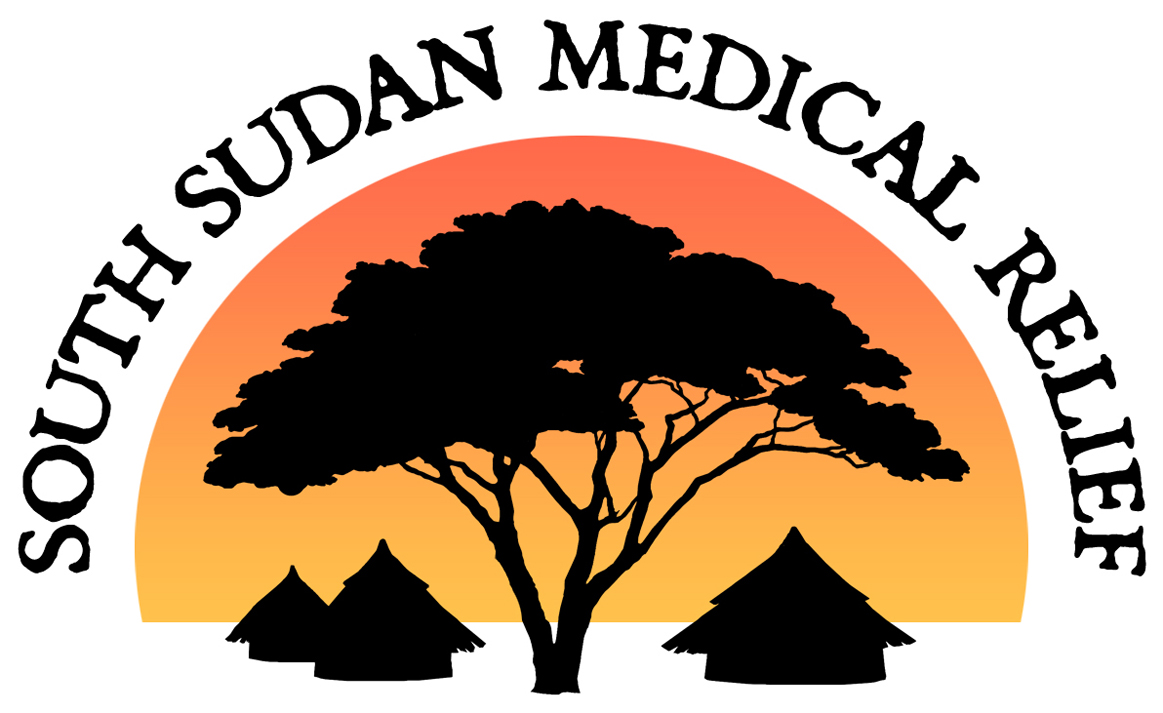What is amazing is that the clinic in Old Fangak has never closed. Our 22 clinical staff— from medical officers to pill dispensers—treat about 100 outpatients each day, as well as 40 or so inpatients. Some come to work, then run home to shore up dikes around their house when water starts flooding in. Some come when they have not eaten in 24 hours.
All other primary care clinics in the state have succumbed to political chaos and lack of funding. Our clinic remains open for business. Our staff is so happy and proud to be able to offer care to their community, and welcome those who come from afar.
This war has stripped South Sudanese not only of their food and homes, but often of any sense of control over their lives. When so much has been taken away from them, the fact that our staff can still offer health care keeps hearts strong and heads high.
And the health care they offer just keeps getting better. Kala azar is about 95% fatal if left untreated. Five years ago, we had driven mortality rates down to 11%. Then we developed protocols to treat the illnesses that often accompany kala azar, and mortality dropped to 7%. When our staff learned to test for anemia, quickly pop IVs into those tiny dehydrated veins, and persuade a family member (or an ex-pat) to donate blood for transfusion on the spot—now we lose only 1% of our patients. And that, in spite of floods and food shortages. No wonder our staff is proud.
A story from Dr Jill:
Sjoukje sat on the kala azar treatment veranda, helping the team identify high-risk patients. She happened to see a lady come to collect injections - that were for her husband. And why was the husband not present? He doesn’t feel so good. Well, then, you MUST bring him. So the man drags himself in, leaning on his wife and a walking stick. He collapses on the ground. Sjoukje looks at him--wow, his conjunctiva are sooo white -- and sends him for a hemoglobin test. It was 1.7! Sjoukje checked with the lab – yes, it was 1.7 TWICE. (It should have been around 14.) Not even survivable! Sjoukje thought -- oh crumb, what did I do? He could have died from the exertion of walking in.
Admit! Transfuse! Jill donated blood, and then his breast-feeding wife donated blood. After the donation, his wife oiled his skin to a shine! And he smiled.
The next week, he and his wife were laughing all the days! They were so amazed he was alive. She had been so worried, trying to get him up to us for treatment from the next state over, and finally floating up on a grass raft… They never thought he would survive.
But he did. Thanks to South Sudanese and ex-pat staff. Thanks to you, who provide both emotional and financial support to keep all our heads above water. Together, it works.
Wishing you joy and light,
Jill Seaman, Sjoukje de Wit, and Gretchen Stone







